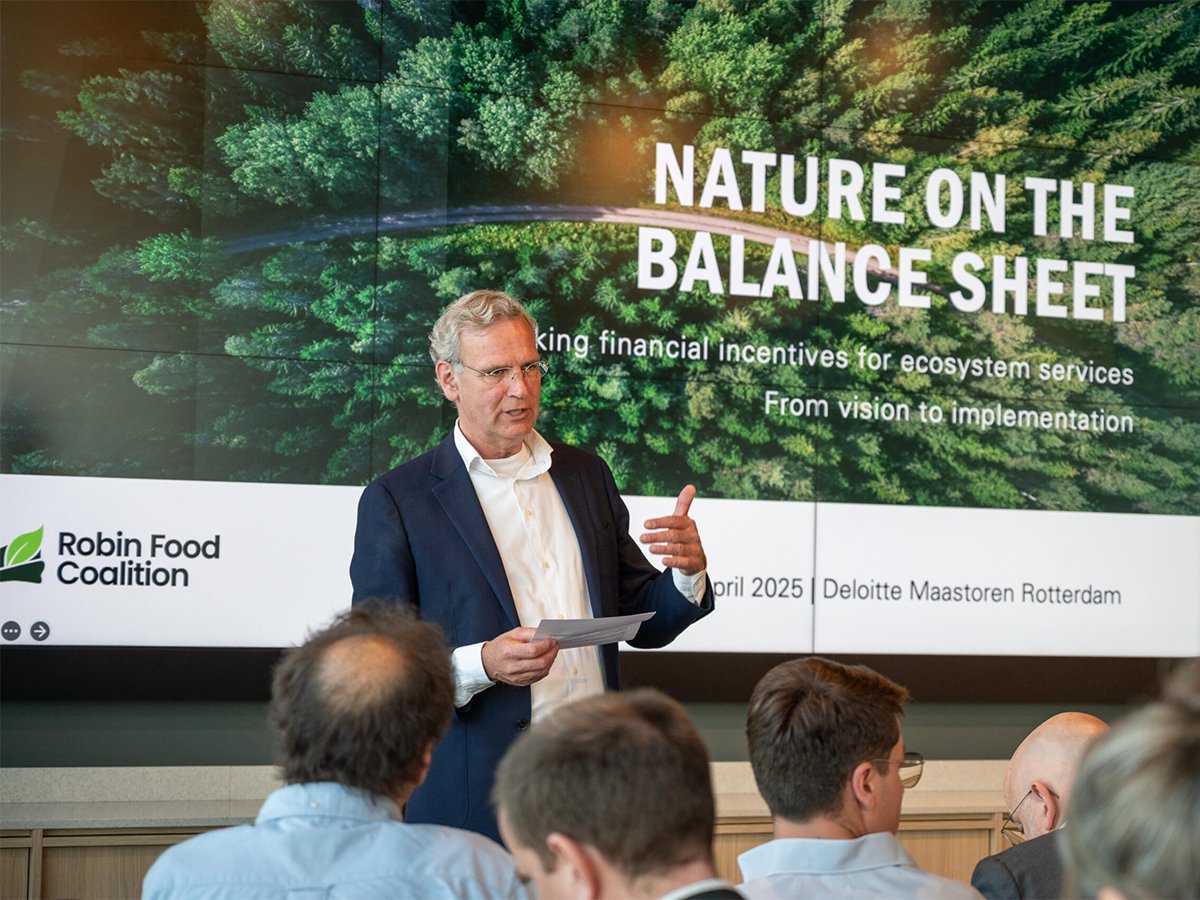Canada will continue to defend supply managed sectors
As World Trade Organization members prepare to elect a new director general May 31, Canada is laying down markers about what it expects from the new leader.
Canada’s position could raise eyebrows both in the WTO’s Geneva headquarters and in Canada, at least on the issue of tariffs.
For decades, Canada has couched its support for trade liberalization with the caveat that like most countries with trade sensitive sectors, Canada will continue to defend protection for dairy, poultry and egg sectors.
In a statement on what Canada expects in a new director general, trade minister Ed Fast left little room to defend tariffs for anyone, calling protectionism a “toxic threat” to the world economy.
Read Also

Activist urges new way to measure profitability
Organic activist praises Mark Carney for spearheading the Task Force on Climate-related Financial Disclosures.
“First and foremost, as a country at the forefront of trade liberalization, Canada will support the selection of a candidate who can marshal common cause against the protectionism that remains a toxic threat to the global economic recovery,” he said.
“Accordingly, the successful candidate must be a champion in the fight against tariff and non-tariff barriers around the world.”
Meanwhile, the federal government continues to assure supply managed sectors that it will continue to defend tariffs in the 200 to 300 percent range.
Ministers next gather in Bali, Indonesia, in early December to discuss whether the Doha Round of world trade talks, which has been bogged down since 2005, can be resurrected.
By then, a new world trade leader, to be chosen from nine candidates nominated by their governments, will have replaced two-term director general Pascal Lamy Sept. 1.
Fast suggested in his statement that in light of the continuing Doha stalemate, the new director general should try to reinvigorate the talks while recognizing that many countries have moved on to regional trade negotiations.
“In light of the continued impasse in the Doha Round, Canada has pursued an aggressive bilateral and regional trade agenda, as have many other WTO members,” he said.
“The next director-general must possess a clear plan to re-establish the WTO as an institution that can credibly advance multilateral trade liberalization efforts in the interests of all its members.”
He said that rather than worry about the impact that growing bilateral and regional trade negotiations could have on the credibility of the multilateral system, the next director general must find ways to harness the successes of bilateral and regional initiatives to reinvigorate the multilateral trading system.
He also argued that the next WTO head should embrace a recent initiative to involve only select WTO members, mainly developed countries, in negotiations over a Trade in Services agreement. The idea of concluding specific agreements outside a comprehensive deal that includes all issues and all countries is controversial within the organization.
Fast promised to be in Bali to present Canada’s positions personally.














